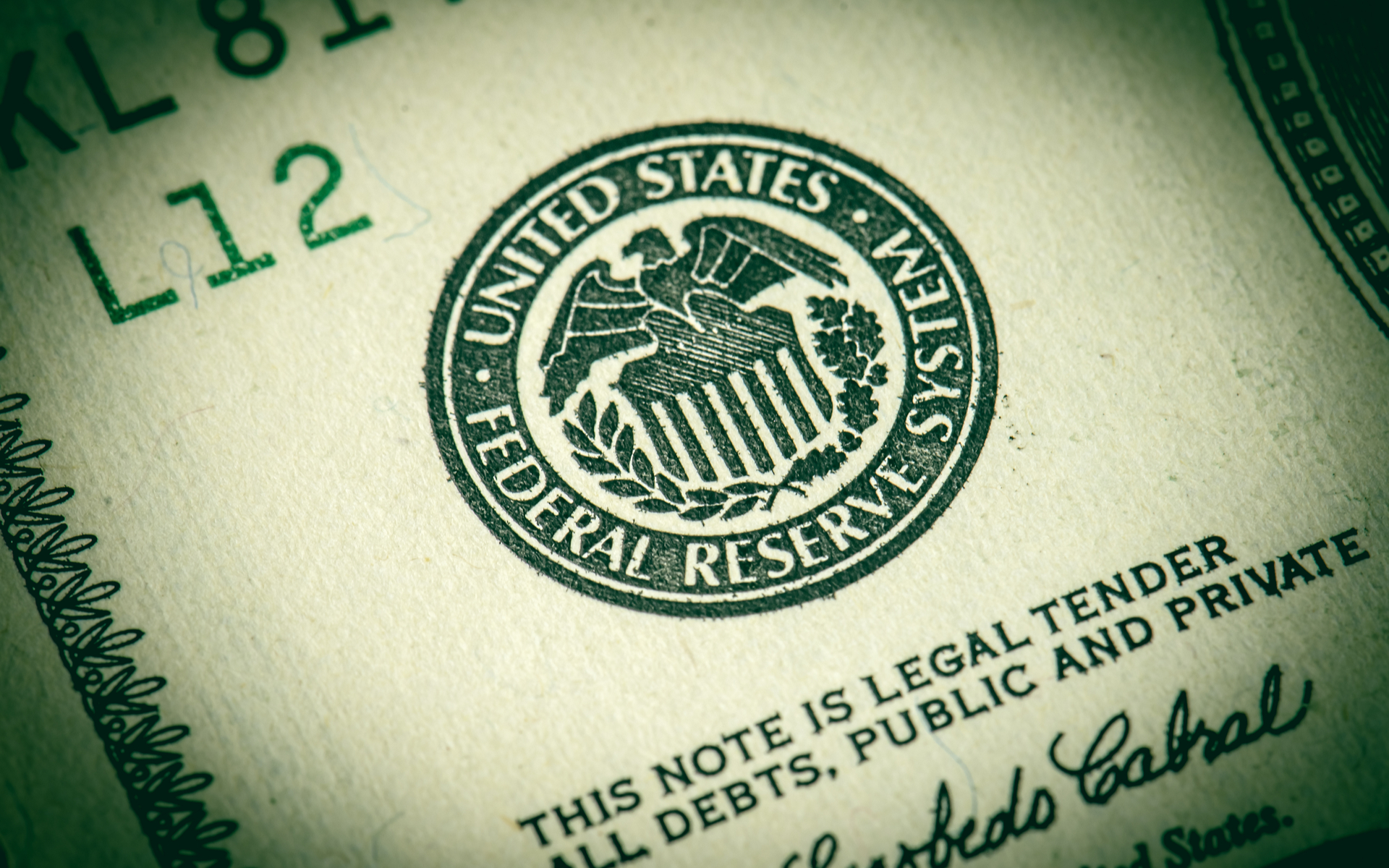PALO ALTO, Calif. (Reuters) - The Federal Reserve is taking a look at a broad variety of concerns around digital payments and currencies, including policy, style and legal considerations around possibly issuing its own digital currency, Governor Lael Brainard said on Wednesday. Brainard's remarks suggest more openness to the possibility of a Fed-issued digital coin than in the past." By changing payments, digitalization has the potential to provide higher worth and convenience at lower expense," Brainard said at a conference on payments at the Stanford Graduate School of Organization.

Reserve banks worldwide are disputing how to manage digital finance innovation and the distributed ledger systems used by bitcoin, which assures near-instantaneous payment at potentially low cost. The Fed is developing its own round-the-clock real-time payments and settlement service and is presently reviewing 200 remark letters submitted late in 2015 about the proposed service's style and scope, Brainard stated.
Less than two years ago Brainard informed a conference in San Francisco that there is "no engaging showed need" for such a coin. However that was before the scope of Facebook's digital currency ambitions were extensively understood. Fed officials, including Brainard, have raised issues about customer defenses and information and personal privacy threats that might be postured by a currency that could come into usage by the 3rd of the world's population that have Facebook accounts.
" We are working together with other reserve banks as we advance our understanding of main bank digital currencies," she stated. With more nations looking into issuing their own digital currencies, Brainard said, that contributes to "a set of factors to also be making certain that we are that frontier of both research and policy advancement." In the United States, Brainard stated, problems that require research study include whether a digital currency would make the payments system safer or simpler, and whether it might present monetary stability threats, including the possibility of bank runs if cash can be turned "with a single swipe" into the reserve bank's digital currency.
To counter the financial damage from America's extraordinary nationwide lockdown, the Federal Reserve has actually taken unmatched actions, consisting of flooding the economy with dollars and investing directly in the economy. Most of these relocations got grudging approval even from numerous Fed doubters, as they saw this stimulus as needed and something only the Fed might do.
My brand-new CEI report, "Government-Run Payment Systems Are Hazardous at Any Speed: The Case Versus Fedcoin and FedNow," information the dangers of the Fed's present plans for its FedNow real-time payment system, and propositions for main bank-issued cryptocurrency that have actually been dubbed Fedcoin or the "digital dollar." In my report, I talk about concerns about privacy, data security, currency manipulation, and crowding out private-sector competitors and development.
Supporters of FedNow and Fedcoin state the government must produce a system for payments to deposit immediately, instead of encourage such systems in the economic sector by lifting regulative barriers. However as noted in the paper, the economic sector is offering a seemingly unlimited supply of payment innovations and digital currencies to solve the problemto the degree it is a problemof the time gap in between when a payment is sent out and when it is received in a checking account.
And the examples of private-sector development in this location are many. The Clearing House, a bank-held cooperative that has actually been routing interbank payments in different types for more than 150 years, has actually been clearing real-time payments given that 2017. By the end of 2018 it was covering 50 percent of the deposit base in the U.S.